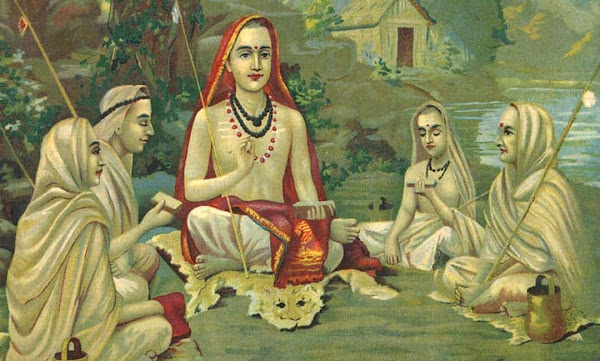ART THERAPY – “ Freedom of expression “
By
its very nature we intuitively know that art is healing and therapeutic—but
why? Is it the process itself, the actual act of making art that soothes our
nerves and settles our brains? Is it the freedom of expression it allows us?
Among
art therapists a dichotomy exists as to why art therapy works. Is the creative
process itself the therapy? Or does the artwork act as a form of communication
between the client and the therapist? From my experience, art therapy
functions as a combination of these two perspectives, facilitating both
catharsis and therapeutic expression.
The
needs and abilities of the clients will often determine how the art process
works and how the healing takes place. In some people the art will act to
access the subconscious mind, uncovering new insights that can be discussed
with the therapist. Some clients may have disabilities that create verbal
challenges; for some it is too painful to talk about an “unspeakable” trauma or
abuse. In these cases the art acts as a bridge, allowing clients to express
themselves and tell their stories for the first time. In children, drawing with
a specific topic work effectively both as a process of cathartic release and an
expression of difficult emotions. Art therapy is quickly able to get us in
touch with our intuition and subconscious mind, cutting through over-thinking
and emotional defenses that have built-up over the years.
After
Gujarat riots and Tsunami, The social service department of the National
Institute of Mental Health and Neurosciences, Bangalore used art Therapy to
help children work through the trauma that they had experienced. Art Therapy
gave children the opportunity to express their feelings, look at the impact it
had on their lives, process the things and people they lost, and look to the future.
When noticed the colours used in the drawings after Gujarat riots were predominantly
red while tsunami drawings were blue.
As
an artist, art therapist and counsellor I have been privileged to bear witness
to the healing power of making art. I have experienced for myself the catharsis
of becoming absorbed in a painting—my stress dissipating as I completely tune
into the project at hand. As a therapist, I have seen clients make deep
connections about themselves through exploring symbolism in their collage,
painting and sculpture. I have watched my children become calmer and more
focused while making crafts, drawing or scrapbooking.
Art
therapy is psychosocial competency tool, when administered, can influence
overall wellbeing to everyone who believes and practices art as a therapy. As
an art therapist and counsellor, I have decoded people and problems through
art. I have helped hundreds of children to overcome fears and failures, adults
from stress and struggles and families from crumbling apart due to unresolved
conflicts. I have witnessed transformation, growth and achievement in people
when art opened a window to their subconscious.





Comments
Post a Comment